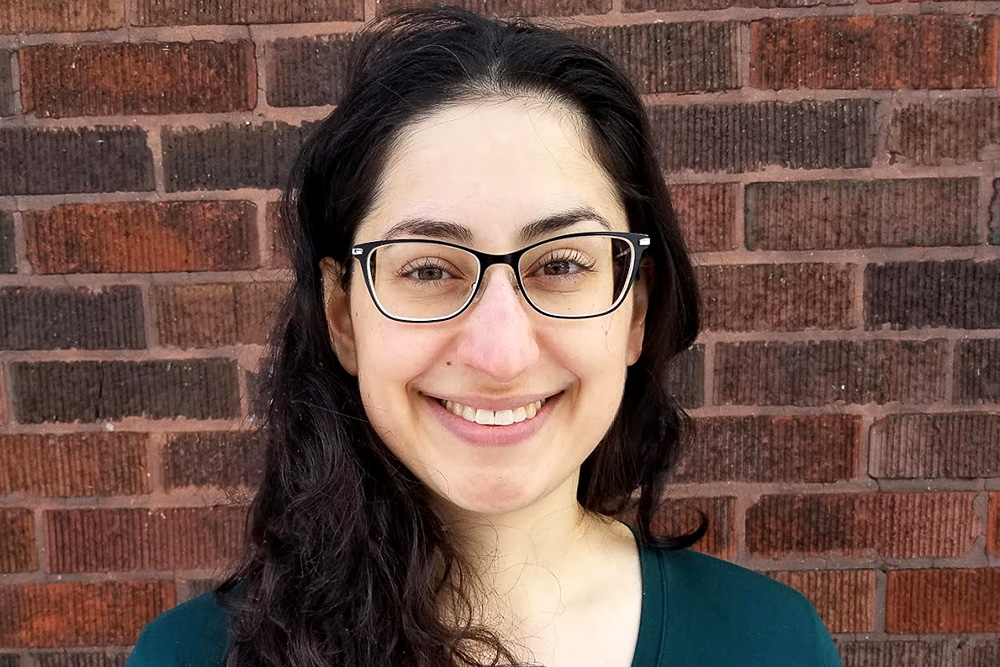Anytime your thoughts or emotions leave you distressed or impaired — unable to function the way you’d like — you’re a candidate for therapy. But sometimes, the moment you need help is the hardest time to find it.
That’s where Rachel Kazez comes in. A therapist herself — she’s a licensed clinical social worker who coordinates outpatient care for teens at a Wicker Park hospital — Kazez also has a side hustle, All Along, that’s served as a matchmaking service for mental health treatment since 2016.
Share your struggles, along with logistics like your insurance plan, and she’ll sort through your options to get you the help you need. Each person’s situation is unique, she says, but here’s how she’d steer clients through a few common scenarios.
You’re just generally anxious.
Stress levels often rise and family memories haunt over the holiday season, making it difficult to determine what’s normal and what’s worthy of professional support. But the good news about psychological help is that you don’t have to know exactly what you’re looking for to find it, Kazez says.
The first step of working with any mental health professional is an evaluation. From there, you’ll nail down the best path, whether that’s one-on-one treatment with a psychiatrist, a monthly support group, or even something for which you don’t need a trained professional (say, more exercise, or a weekly coffee date with your best friend).
If emotions like anxiety, fear, and sadness have you struggling, start by looking at therapists who take your insurance — under the Affordable Care Act, most plans now cover it — or scrolling through profiles on a site like Psychology Today. Pick one who resonates with you or has a location that’s convenient, then call or email and ask for a consultation.
You’re going through a divorce or big breakup.
Plenty of therapists specialize in transitioning back to singlehood — they’ll list it on their online profiles. But don’t feel pressured to book a visit if you don’t want to. Since the source of stress in this case is external, wallowing a bit, or leaning on your friends and family, can often carry you through to brighter days, Kazez says.
So can support groups, she suggests. You can look for one through community centers, churches, even Meetup.com. There’s solidarity in sharing, and you might get helpful tips for making the whole process less stressful and (say, the phone number for a compassionate lawyer or mediator).
You’re having suicidal thoughts.
First, know you’re not alone — many people, even those who seem happy, contemplate ending it all. Still, you’ll want to take these seriously, especially if they’re new to you, Kazez says.
If you’re in immediate danger, call 911 or the National Suicide Prevention Lifeline at 800-273-8255, or text HOME to 741741. Just need to chat? Try the Illinois Mental Health Collaborative Warm Line, (866) 359-7953, staffed by professionals who have experienced mental health challenges themselves.
Your teen’s freaking out.
Before you drag an anxious and unwilling high-schooler to therapy, have a heart-to-heart. “Humble yourself to your kid. They are the expert on what’s going on,” Kazez says.
Of course, your teen may prefer to talk to a neutral party, or reveal issues bigger than you can handle together. If so, a school counselor or an organization like the National Alliance On Mental Illness, which also offers support to family members, can connect you to appropriate resources.
Also, consider family therapy. You might be able to make changes at home that improve your kid’s well-being — and by extension, your own, Kazez says.
You’re working out your sexual orientation or gender identity.
Transcending outdated norms about who you are or how you love doesn’t make you pathological, Kazez points out. Chicago offers many LGBTQIA-friendly social groups where the focus is on other activities, from professional connection to running to choral singing. It may be that you just need to expand your social support network during a period of questioning or changing.
That said, many therapists in the city specialize in sorting out internal conflicts or empowering you to navigate the medical system or difficult family relationships. The Center on Halsted (3656 N. Halsted St.) and Howard Brown Health (4025 N. Sheridan Rd.), among others, offer behavioral health services to the LGBTQIA community and allies and stand as good starting points.
You can’t control your substance use.
Depending on the severity of your problem, there’s a wide range of treatment options available, from residential rehab and detox to weekly group therapy. Head to the Substance Abuse and Mental Health Services Administration website for a full menu of options, Kazez recommends.
In the long run, group programs often tend to work well for alcohol and drug issues. That way, “you’re around people who’ve been in different stages of recovery and see how they're doing it,” Kazez says.
You’re struggling with insomnia.
Start with your primary care doc on this one, Kazez says — you’ll first want to rule out medical issues like sleep apnea. If your M.D. determines you’re in the clear, considering asking for a referral to a therapist who works with sleep issues, perhaps trained in techniques like CBT-I — that’s cognitive behavioral therapy for insomnia, a program that works on thoughts and behaviors interfering with peaceful slumber.




Comments are closed.